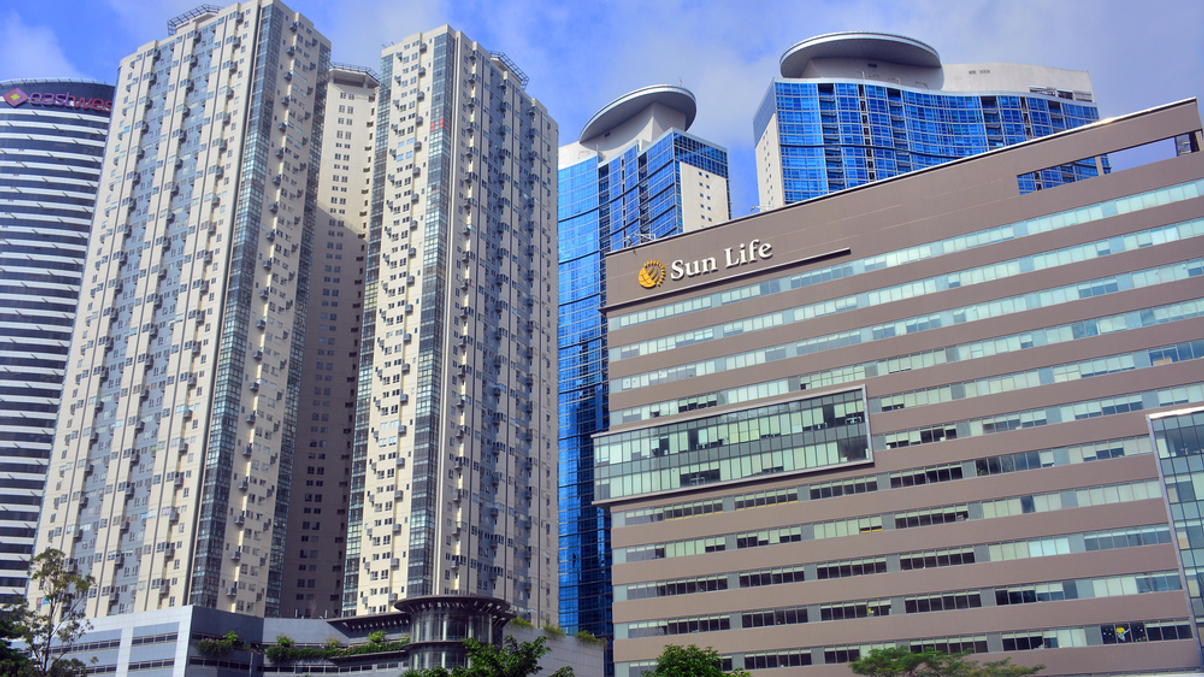Sun Life Philippines looks at private deals, ESG changes
The insurer, like many others, is keen on private fixed income and private equity as it seeks to diversify its portfolio away from relatively shallow local public markets.

Sun Life Philippines, the local insurance arm of Canadian giant Sun Life Financial, plans to look at credit and private markets as part of broader asset allocation plans for 2023, a senior executive told AsianInvestor.
Sign in to read on!
Registered users get 2 free articles in 30 days.
Subscribers have full unlimited access to AsianInvestor
Not signed up? New users get 2 free articles per month, plus a 7-day unlimited free trial.
¬ Haymarket Media Limited. All rights reserved.


